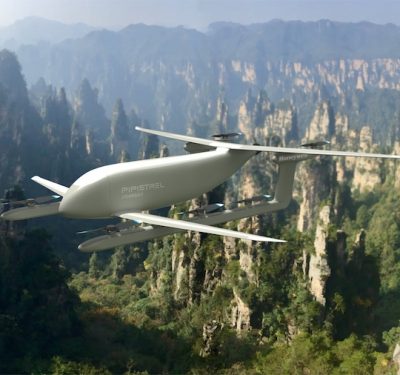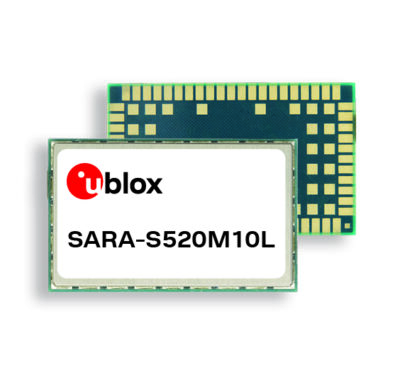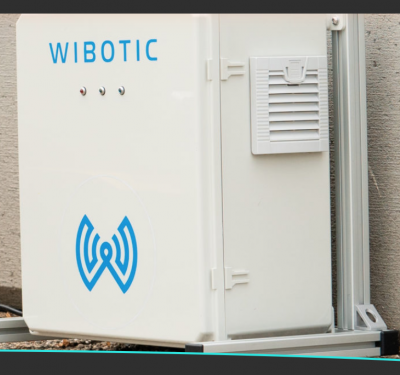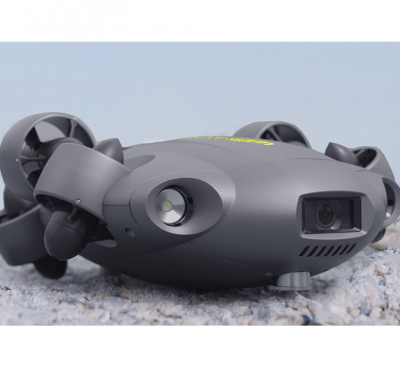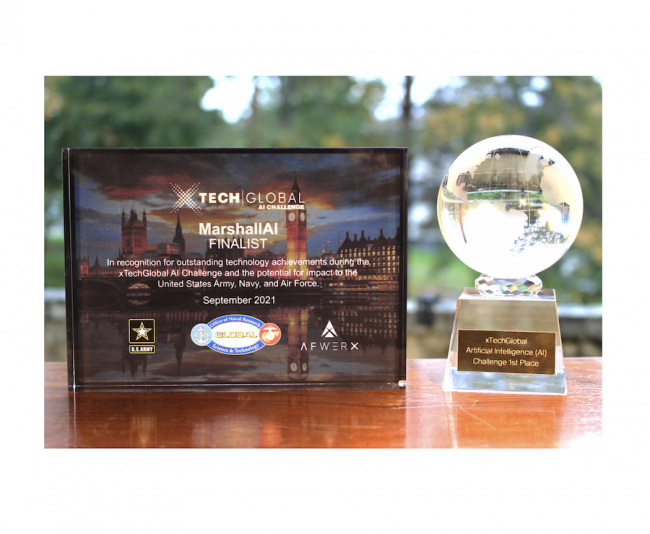 The European pioneer in machine vision, MarshallAI, won the international xTech Global AI Challenge, sponsored by the U.S. Department of Defense (DOD). This was the first ever DOD-sponsored prize-money competition for non-US companies. The focus of the challenge was to find capabilities that provide robust, AI-enabled capabilities to manage, integrate, and process disparate data and information sources for rapid decision making.
The European pioneer in machine vision, MarshallAI, won the international xTech Global AI Challenge, sponsored by the U.S. Department of Defense (DOD). This was the first ever DOD-sponsored prize-money competition for non-US companies. The focus of the challenge was to find capabilities that provide robust, AI-enabled capabilities to manage, integrate, and process disparate data and information sources for rapid decision making.
The U.S. Department of Defense has, in cooperation with Fedtechin, held several xTech competitions for U.S. companies. The program aims at enhancing DOD engagements with small to medium sized enterprises. The xTech Global AI Challenge announced in March 2021 is the first international tri-service competition.
Finland-based MarshallAI’s concept—“Configurable Deep Learning Pipelines for DOD Computer Vision”—was chosen among the ten finalists in June 2021. In addition, six UK companies and one from Israel, Switzerland and France were invited to participate in the finals in London on September 10th. U.S. Department of Defense-appointed judges and subject matter experts rated the pitches and chose MarshallAI as the winner.
“It is super-encouraging to take part in the first international competition by the largest office in the world and come out as the winner! We are confident that this victory will help us to close funding for rapid growth and look forward to the upcoming Fedtech accelerator program,” Marcus Nordström, CEO of MarshallAI, said.
Ben Dobkin, senior analyst at Fedtech, had this to say: “It was wonderful to meet the finalists of the xTechGlobal AI Challenge and see them pitch their unique AI technologies to the U.S. Department of Defense. Our team at FedTech is excited to continue working with them throughout the next three months as part of a global startup accelerator, supporting MarshallAI in transitioning its AI object detection suite to customers across the globe.”
MarshallAI participated with the same AI platform used to automate border processing of commercial traffic by the Finnish Customs. The platform empowers regular users to replicate their own human sensing without any AI expertise nor writing a single line of code. The deep-learning based machine vision frees up resources and enables better-educated decisions in the field. The need for computer vision is global and usually arises unexpectedly and urgently.


